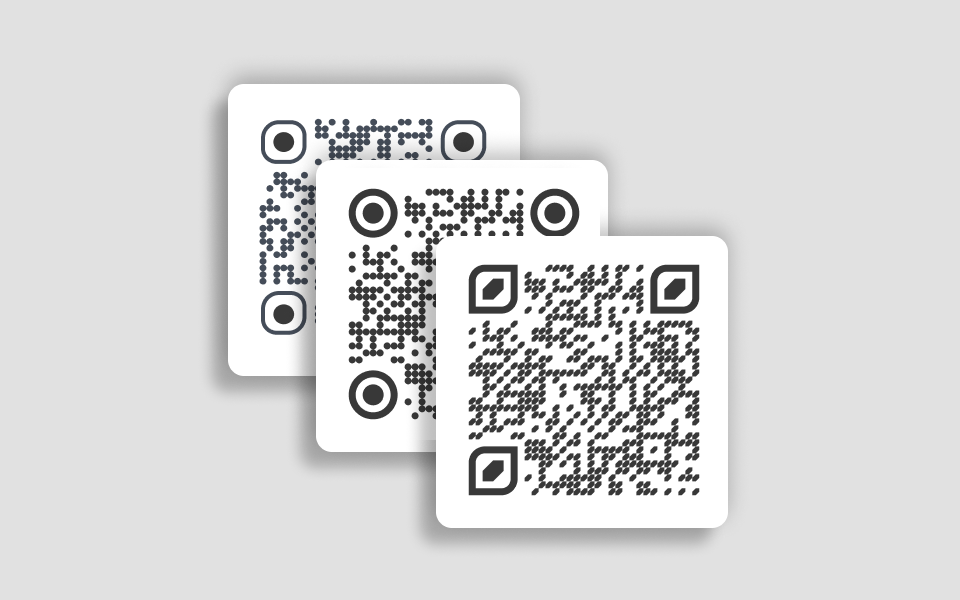Things You Need To Understand About Lead Generation Tool
Lead generation software is a tool that helps businesses identify and cultivates leads, i.e. potential customers. It typically collects information about prospects through forms, landing pages, and other interactive features. The tool uses algorithms and analytics to score and categorize leads based on their level of engagement and fits with the company’s target audience.
Why is an ERP lead generation tool important?
An ERP tool for lead generation is important because it helps businesses to manage and automate their sales and marketing processes, which can lead to increased efficiency and productivity. By centralizing lead information and tracking lead activity, businesses can have a better understanding of their sales pipeline and make more informed decisions about where to allocate resources. SmithDigital is a digital marketing service that can help to improve your inbound marketing strategy.
Additionally, ERP tools can also provide valuable insights into lead behavior and customer needs, allowing businesses to make data-driven decisions and tailor their marketing strategies for maximum impact. Overall, an ERP tool for lead generation can help businesses to streamline their operations, improve their conversion rates, and drive growth.
B2B versus B2C lead generation tool
B2B (business-to-business) and B2C (business-to-consumer) lead generation software have their differences. The approach and processes for generating and nurturing leads in B2B and B2C contexts vary.
The B2B lead generation may focus more on long-term relationship building and decision-maker targeting. It focuses on gathering corporate information, such as company size, industry, and job title, and uses this data to target decision-makers within organizations. B2B lead generation tools may include features such as email outreach, account-based marketing, and sales intelligence.
On the other hand, B2C lead generation may prioritize creating a high volume of leads through more aggressive, direct-response tactics. The tool focuses on targeting individual consumers and collecting personal information, such as name, email, and location. B2C lead generation tools may include features such as email marketing, social media advertising, and landing pages optimized for conversion.
Ultimately, the choice of lead generation tool will depend on the target audience and the desired outcome.

What features to look for in a lead-generating tool?
When evaluating lead generation tools, consider the following features:
- Contact database management: Can the tool effectively store and manage large amounts of contact data?
- Lead capture: Does the tool allow for capturing leads from various sources, such as landing pages, web forms, and social media?
- Lead scoring and prioritization: Does the tool help you prioritize leads based on their likelihood of conversion and provide scoring to help you focus your efforts?
- Automated follow-up and email campaigns: Can you set up automated emails and follow-ups to be sent to leads at specific intervals and stages of the sales process?
- Integration with CRM and marketing automation platforms: Can the tool integrate with your existing customer relationship management (CRM) and marketing automation systems?
- Analytics and reporting: Does the tool provide analytics and reporting to help you understand the effectiveness of your lead-generation campaigns?
- Customization and flexibility: Does the tool allow for customization and flexibility, so you can adjust it to meet the unique needs of your business?
- User-friendly interface: Is the tool easy to use and navigate, even for users with limited technical experience?
Before you choose lead generation software, ensure to identify your target market and business needs.








